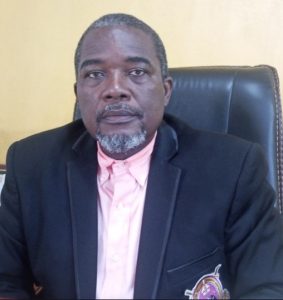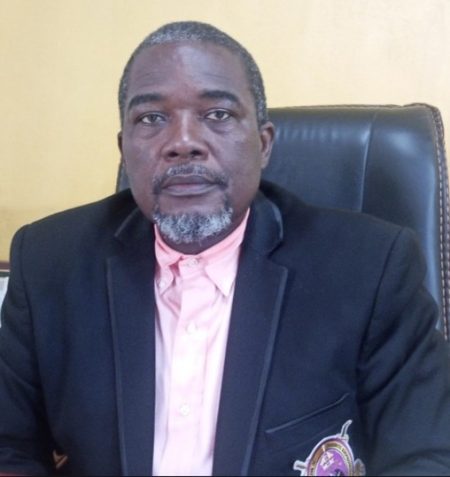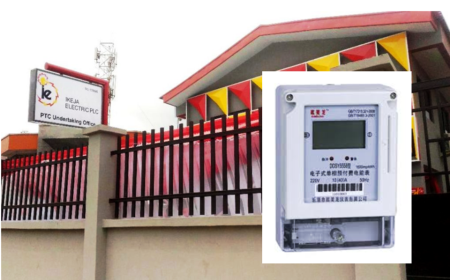The transformation of the Federal Polytechnic Kabo into the Federal University of Science and Technology, Kabo, Kano State, marks a significant stride in Nigeria’s pursuit of enhanced educational opportunities and technological advancement. Senator Barau Jibrin, the Deputy President of the Senate and sponsor of the bill that facilitated this conversion, lauded President Bola Tinubu for signing the bill into law, emphasizing the president’s dedication to empowering Nigerian youth with the skills necessary to thrive in a rapidly evolving global landscape. This upgrade signifies a pivotal moment for the institution and the surrounding community, promising an expanded scope of academic disciplines and research opportunities focused on science and technology. It underscores the importance of investing in human capital development, particularly within the burgeoning fields that are shaping the future of industries and economies worldwide.
The timing of this development coincides with the formal presentation to the Senate of President Tinubu’s proposals for the establishment of three additional universities in Kano, Akwa Ibom, and Oyo states. This concerted effort to expand access to higher education reflects a national commitment to fostering intellectual growth and innovation across the country. Senator Barau emphasized the crucial role that education plays in societal development, highlighting the direct correlation between a well-educated populace and economic prosperity. By providing more opportunities for young Nigerians to pursue higher education in specialized fields like science and technology, the nation aims to cultivate a skilled workforce capable of driving national progress and competing on the global stage.
The conversion of the polytechnic to a university represents a strategic move to align Nigeria’s educational system with global best practices. Senator Barau noted the increasing demand for expertise in areas such as artificial intelligence, robotics, cybersecurity, and other science and technology disciplines, emphasizing the need to equip Nigerian youth with the knowledge and skills to excel in these fields. The new university is poised to become a hub for training and research in these critical areas, contributing to the overall development of a robust and competitive workforce capable of meeting the challenges and opportunities of the 21st century.
This transformative change is not only a boon for the students and staff of the former polytechnic but also a significant development for the wider Kabo community and Kano State. The upgraded institution is expected to attract more students and faculty, stimulating local economic activity and fostering a vibrant intellectual environment. The presence of a university focused on science and technology will likely contribute to the development of related industries and businesses in the region, creating new job opportunities and fostering economic growth. Furthermore, the university will serve as a center for research and innovation, potentially leading to breakthroughs and advancements that benefit the local community, the state, and the nation as a whole.
The emphasis on science and technology education aligns with the global trend towards prioritizing these fields as key drivers of economic growth and societal progress. With the rapid advancement of technologies like artificial intelligence, robotics, and biotechnology, there is an increasing demand for skilled professionals in these areas. By establishing a university dedicated to science and technology, Nigeria is making a strategic investment in its future, ensuring that its citizens are equipped with the necessary skills to compete in the global marketplace and contribute to national development. This move underscores the recognition that investing in education, particularly in STEM fields, is essential for achieving long-term economic prosperity and social progress.
The establishment of the Federal University of Science and Technology, Kabo, is a testament to the commitment of the Nigerian government to investing in the future of its youth and the development of the nation. By providing access to quality education in critical fields, the government aims to empower the next generation to become innovators, entrepreneurs, and leaders who can drive progress and contribute to a brighter future for Nigeria. This initiative reflects a broader vision for national development, recognizing that education is the cornerstone of a thriving society and a key driver of economic growth and social mobility. The new university symbolizes not just a change in institutional status but a significant investment in the future of Nigeria and its people.














